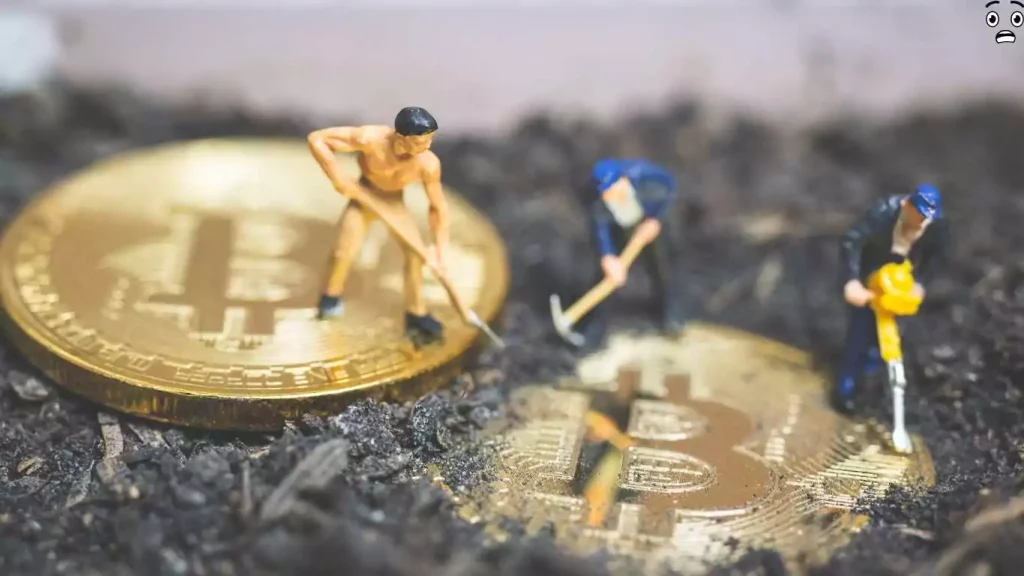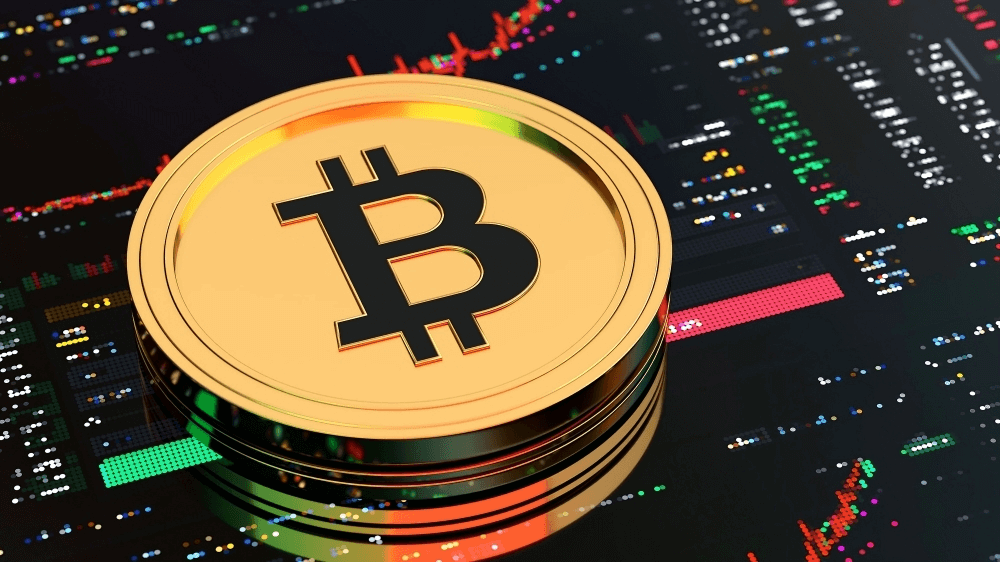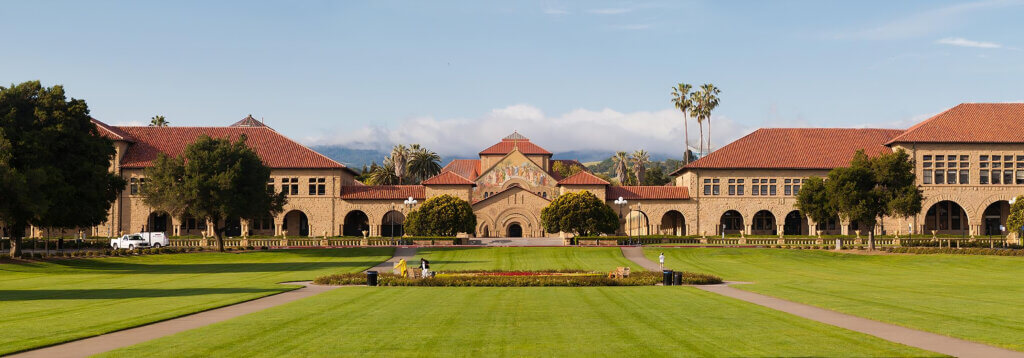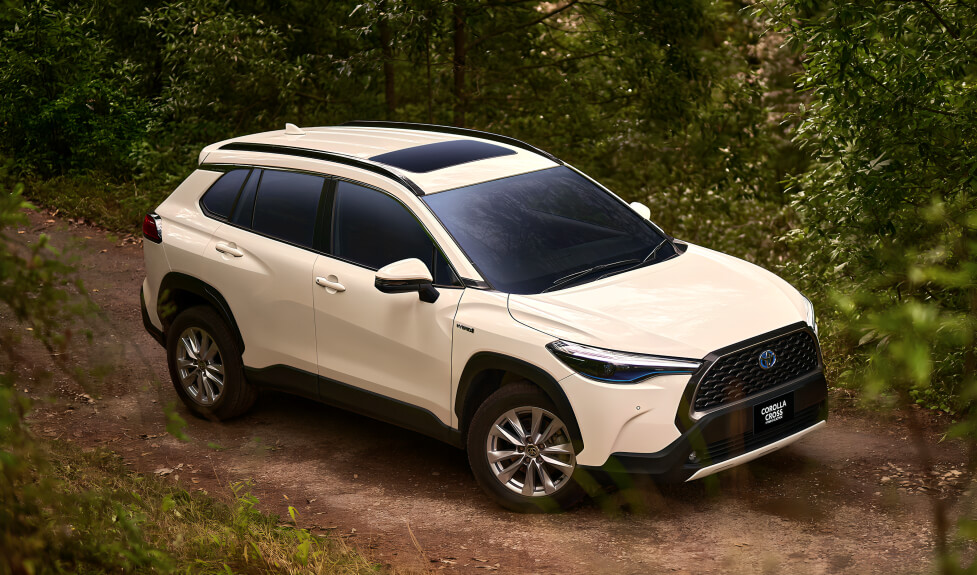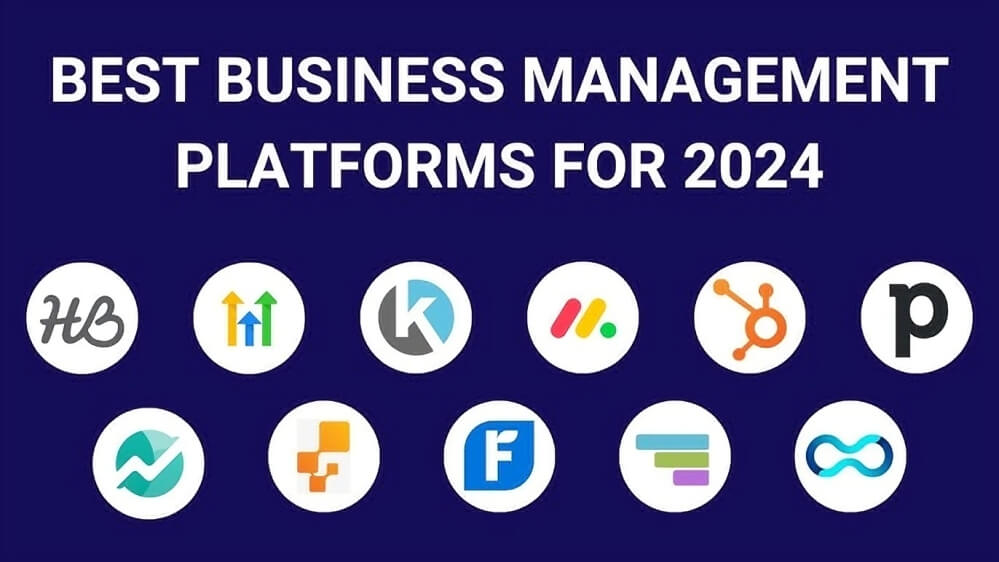Bitcoin mining has become a key part of the digital economy and attracts people from all around the world. Bitcoin mining rewards individuals and businesses by providing new coins and processing transactions on the Bitcoin network. It also helps keep the network safe and running smoothly.
Many are interested in this process because it can be profitable, supports the technology behind bitcoin, and anyone with the right tools can join in. There are important things to know about how mining works, what is needed to get started, and the possible challenges along the way. Learning the details about bitcoin mining helps people decide if it is right for them.
Key Takeaways
- Bitcoin mining creates new coins and secures transactions.
- Right tools and understanding are important to success in mining.
- There are both rewards and risks involved in bitcoin mining.
Understanding Bitcoin Mining
Bitcoin mining keeps the Bitcoin network running by confirming transactions and making new bitcoins. It relies on special computers that solve tough puzzles to keep the network safe and working properly.
How Bitcoin Mining Works
Bitcoin mining is carried out by powerful computers called miners. These machines collect recent transactions and organize them into a block. The miners then compete to solve a complex math puzzle—finding a specific number called a “hash.” The first computer to get the correct answer adds the block to the blockchain.
New bitcoins are created and rewarded to the miner who solves the puzzle. This is how new coins enter circulation. The process resets about every ten minutes, and the odds of winning depend on how much computing power a miner has.
Miners must have efficient hardware to succeed, such as ASICs (Application-Specific Integrated Circuits). As more miners join the network, the puzzles become harder to solve. This keeps the supply of new bitcoins steady and helps prevent inflation. For a clear step-by-step breakdown, see this Bitcoin mining explanation for 2025.
Proof-of-Work and Network Security
Bitcoin mining uses a system called “Proof-of-Work.” This means miners have to show they used real computing power to solve a math puzzle. The puzzle is hard to solve but easy to check, so everyone can trust the results.
Proof-of-Work helps protect the Bitcoin network from attacks. No single person or group can change the blockchain unless they control more than half of the mining power. This security model discourages cheating and fraud, as tampering with the network is almost impossible without enormous resources.
These requirements make it costly to attack the network and ensure that transactions stay honest. Proof-of-Work is the main reason Bitcoin has stayed secure for years. Learn more about network protection from this detailed mining guide.
Types of Bitcoin Mining: Solo, Pool, and Cloud
There are three main ways to mine Bitcoin: solo mining, pool mining, and cloud mining.
Solo mining means one person or company mines alone. The miner keeps all rewards but has a lower chance of solving a block, making regular income unlikely.
Pool mining lets miners join their computing power together. If the pool wins, rewards are shared among everyone based on each miner’s contribution. This approach provides smaller but more regular payouts, which makes it more popular among beginners and small miners.
Cloud mining offers another option for people who do not want to buy and manage hardware. Users pay for mining contracts from a company that runs all the equipment. This method is simple but can be risky due to scams and higher fees. For more information on each type, visit this comprehensive guide to Bitcoin mining.
Key Benefits of Bitcoin Mining
Bitcoin mining offers practical rewards, helps keep the network robust, and plays an important role in blockchain transactions. People who take part support the technology and can also gain direct financial value.
Potential for Earning Bitcoin
Mining gives individuals a chance to earn bitcoin directly. When miners validate and add new blocks to the blockchain, they receive a reward in bitcoin. This reward is called the “block reward” and also includes transaction fees from the transactions in each block.
The block reward lowers over time through a process called “halving.” Even so, the possibility to earn bitcoin draws many people to mining. Some join large groups called mining pools to increase their chances of earning consistent rewards by sharing processing power and splitting the prize.
Before starting, it is important to consider costs. Miners need to pay for powerful computer hardware and electricity, which can be expensive. Doing a cost-benefit analysis is crucial for people who want to profit from mining bitcoin. This helps them decide if mining makes sense for their situation.
Decentralization and Network Resilience
Bitcoin mining is not controlled by one company or government. It depends on thousands of miners around the world who use their computers to maintain the blockchain. This wide distribution of miners is called decentralization.
Decentralization makes bitcoin stronger and more secure. If one mine goes offline, the network keeps running because many others are still active. This setup prevents a single point of failure and reduces the chance of attacks or manipulation.
Because miners must compete in solving complex puzzles, they help enforce the rules of the network. This competition ensures no one controls bitcoin and helps the system resist censorship, fraud, and hacking attempts.
Contribution to Transaction Processing
Miners play a critical role in checking and approving bitcoin transfers. When someone sends bitcoin, the transaction joins a group called a block. Miners confirm these transactions by solving cryptographic puzzles and adding blocks to the blockchain.
This process is called Proof of Work. It ensures that every transaction is valid and cannot be changed later. Without miners, bitcoin would not function because no one would be there to verify transfers and prevent double spending.
Through their work, miners keep the whole bitcoin network running smoothly. They strengthen the accuracy, trust, and transparency of every bitcoin transaction for all users, according to detailed guides about bitcoin mining.
What You Need to Get Started
Getting started with Bitcoin mining in 2025 requires more than just a regular computer. Specialized machines, careful consideration of energy costs, and the right group to join can make a big difference in success and profit.
Essential Hardware and Software
To mine Bitcoin today, strong hardware is vital. The best option is an ASIC miner, which stands for Application-Specific Integrated Circuit. These machines are built only for mining and are much faster and more efficient than normal computers or graphics cards. Popular ASIC brands include Antminer and WhatsMiner.
Besides a miner, a person needs a stable internet connection and a dedicated space that can handle extra heat and noise. Most ASICs are loud and work best in cool, ventilated areas.
Software is also necessary. This includes the mining program that connects the hardware to the Bitcoin network. The choice depends on the hardware brand and the mining pool someone wants to use. Most mining software is free and is simple to install. Step-by-step guides are available on many sites, such as this basic explanation of the mining process.
Electricity Costs and Efficiency
Electricity is often the biggest ongoing cost in Bitcoin mining. ASIC miners use a lot of electricity—often over 3,000 watts for newer models. This can add a large amount to the monthly power bill, especially in places where energy is expensive.
Before starting, it helps to check the local electricity rate and compare it to possible earnings. Many use mining calculators online to judge if mining will make a profit, taking into account their hardware’s exact power use.
Efficiency matters. Newer ASICs often use less power for the same amount of work. Choosing energy-saving machines and running them at off-peak hours can help lower bills. Cooling is important, too, since hot machines need fans that use more power.
Selecting a Mining Pool
Mining alone is very hard because the competition is strong, and rewards are rare for small setups. That’s why most join a mining pool. A mining pool is a group of miners who work together and share the rewards when new blocks are found. This gives small miners more steady payouts, even though they share the Bitcoin with others.
When picking a pool, check the fee amount—most pools charge between 1% and 3% of earnings. Reputation is important, too. Well-known pools process many transactions, have stable systems, and let members track their earnings.
Some pools are better for beginners and give payouts more often. Others, like ones that use special methods, may give a bigger payout but less often. For those getting started, lists and steps for joining a pool can be found in guides on how to mine Bitcoin at home.
Risks and Considerations in Bitcoin Mining
Bitcoin mining can be profitable, but there are real dangers that every miner should know. Financial loss, changing laws, and complicated rules can make things difficult for new and experienced miners.
Volatility and Market Factors
The price of Bitcoin can go up and down very quickly. Sudden drops in value can turn profits into losses overnight. Miners spend a lot on equipment and electricity, and those costs do not change when Bitcoin prices fall. This means people may not make enough money to cover their bills.
Bitcoin mining is also affected by something called “mining difficulty.” When more people mine, the network gets harder, so it takes even more power and better machines to compete. If the price drops and mining gets more difficult, small miners may have to quit.
Here is a basic table of key risks related to volatility:
| Factor | Impact on Mining |
|---|---|
| Bitcoin Price Drops | Lower mining profits |
| High Electricity Costs | Bigger losses |
| Increased Difficulty | Fewer rewards per miner |
If miners are not careful, they may also lose money because the value of their equipment can drop fast as new technology comes out. This makes Bitcoin mining a risky choice for people who are not prepared for big changes in the market. Learn more about these factors at Pros and Cons of Mining Bitcoins.
Regulatory and Legal Issues
Regulations on cryptocurrencies are different in every country. Some places allow Bitcoin mining, while others may ban it or limit it with special rules. Governments might set strict rules on energy use, demand licenses, or require taxes on any profits from mining.
If rules change suddenly, miners might have to move their operations or stop mining altogether, causing big losses. Some countries are making stronger laws about how users identify themselves, how energy is used, and how money from mining is taxed.
It is important for miners to stay updated on laws in their country, as working against the law can lead to heavy fines or having equipment taken away. For more about regulations and taxes, visit The Pros and Cons of Bitcoin Mining: A Comprehensive Guide.
Frequently Asked Questions
Bitcoin mining creates new coins and plays a key role in verifying transactions on the network. It requires certain skills, hardware, and awareness of the laws in each country.
What are the advantages of Bitcoin mining?
Bitcoin mining supports the security of the network by verifying and recording transactions. Miners can earn rewards in the form of new Bitcoin and transaction fees.
Mining also helps in keeping the network decentralized and less vulnerable to attacks. In some situations, it can be profitable, depending on electricity costs and hardware efficiency. Learn more about Bitcoin mining benefits at Bitcoin Mining: Everything You Need to Know!.
How does Bitcoin mining work?
Bitcoin mining involves using computers to solve complex mathematical problems. These problems confirm and group transactions into blocks.
Once a block is complete and added to the blockchain, the miner gets a reward. Most miners today use special equipment called ASICs to increase their chances of earning rewards. More details can be found at Bitcoin Mining in 2025: Everything You Need to Know.
What are the legal considerations for Bitcoin mining?
Laws about Bitcoin mining differ depending on the country. Some countries allow it without any issues, while others have banned or limited it.
Miners need to check local rules about electricity use, taxes, and environmental guidelines. Failing to follow local laws can lead to fines or the loss of equipment. Updates about regulations can be found at Crypto News on Bitcoin mining laws.
Can Bitcoin mining be done for free, and what are the limitations?
Mining for free is not possible since it always consumes electricity and requires hardware. Some people try cloud mining or use idle devices, but profits are usually very small.
The high cost of electricity and hardware means most free or low-cost methods are not profitable in most locations. More about mining methods and their limits can be read at Bitcoin Mining: Everything You Need to Know!.
What equipment is required to start Bitcoin mining?
Miners need specialized devices called ASICs, which are more efficient than regular computers. These machines are designed only for mining and use less power per computation.
Miners also need reliable internet and access to cheap electricity. Cooling systems are important for large setups, since machines can get very hot.
How is the profitability of Bitcoin mining determined?
Profitability depends on the cost of equipment, electricity rates, mining difficulty, and the current price of Bitcoin. Using efficient hardware and cheap power increases the chances of making a profit.
Other factors include how often the block rewards drop (halving events) and the level of competition from other miners. To explore more, visit Seven Things to Know About Bitcoin Mining.
